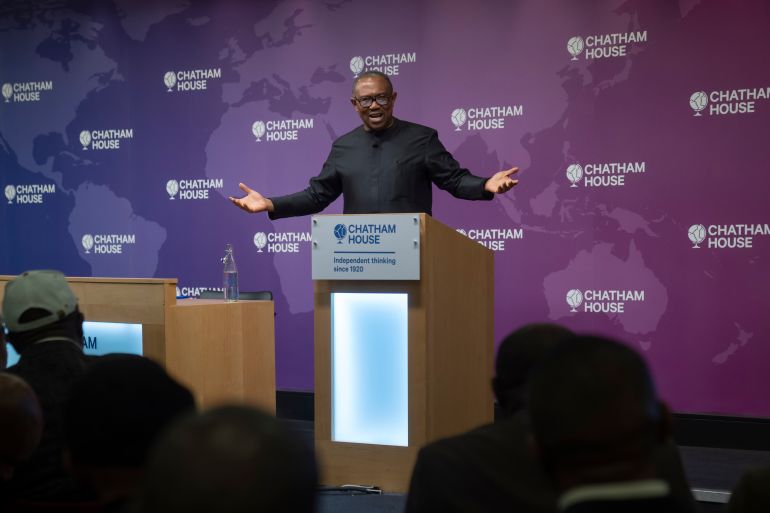Tinubu, who took office in May, has embarked on Nigeria’s boldest reform agenda in decades to boost sluggish growth.
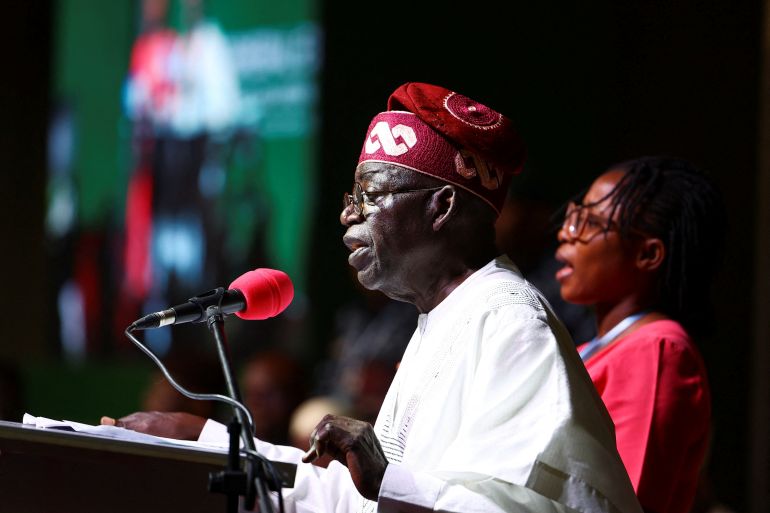
Tinubu, who took office in May, has embarked on Nigeria’s boldest reform agenda in decades to boost sluggish growth.

The appointment of the acting governor comes after the suspension and arrest of his powerful predecessor at the weekend.
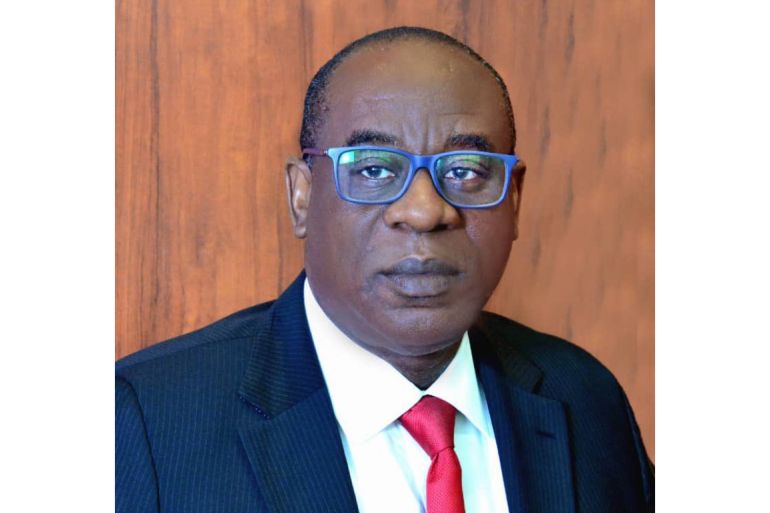
Tinubu inherits economy riddled with huge debt from predecessor Buhari, whose protectionist policies spooked investors.
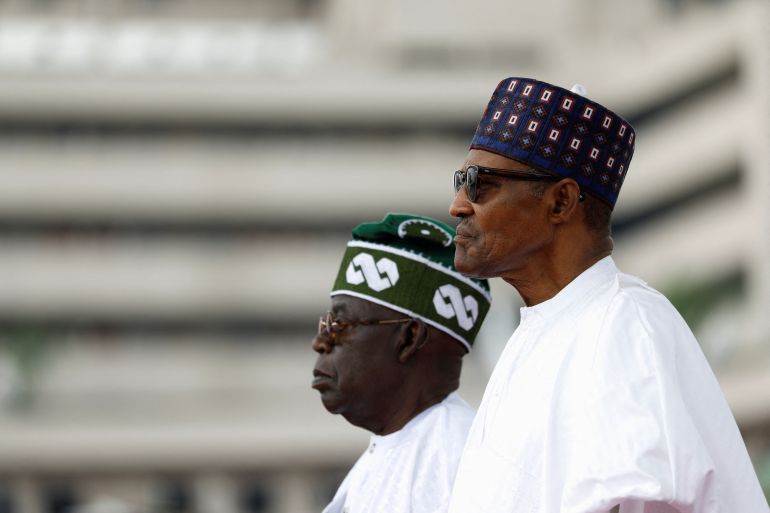
From the economy to security, Buhari’s legacy will be one of missteps and misdeeds as he hands over power, analysts say.
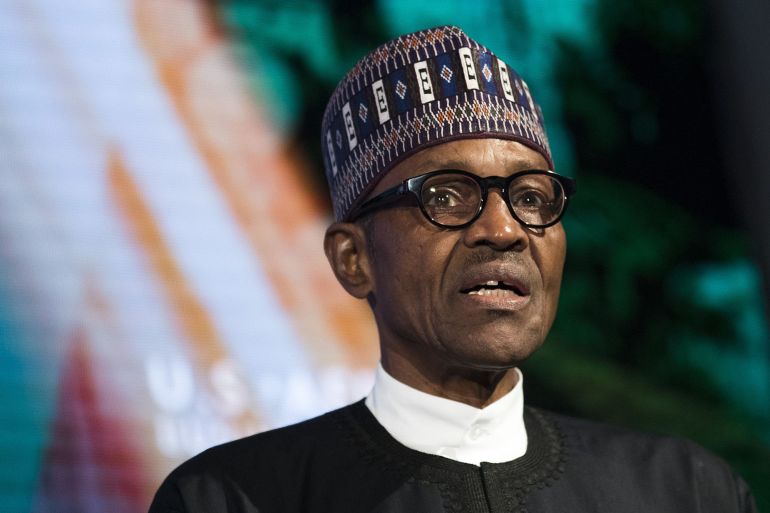
Voters have been let down before, wonder if Bola Tinubu will be able to fix systemic issues in Africa’s largest economy.
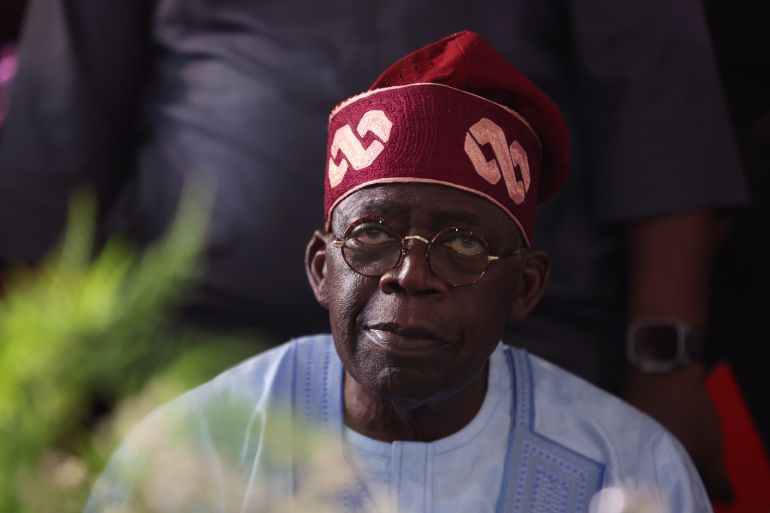
The collation of results in the election that observers and voters say had many logistical challenges is still ongoing.
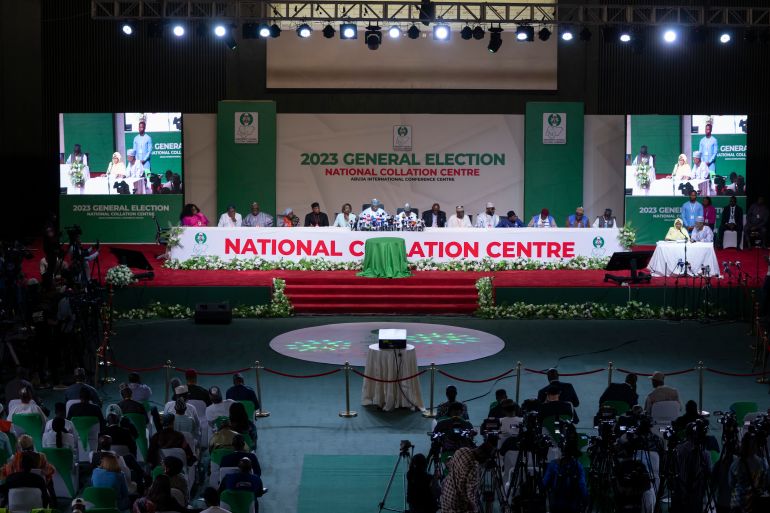
Ruling party candidate promises hope, opposition pledges change as Thursday’s deadline to end campaigns approaches.
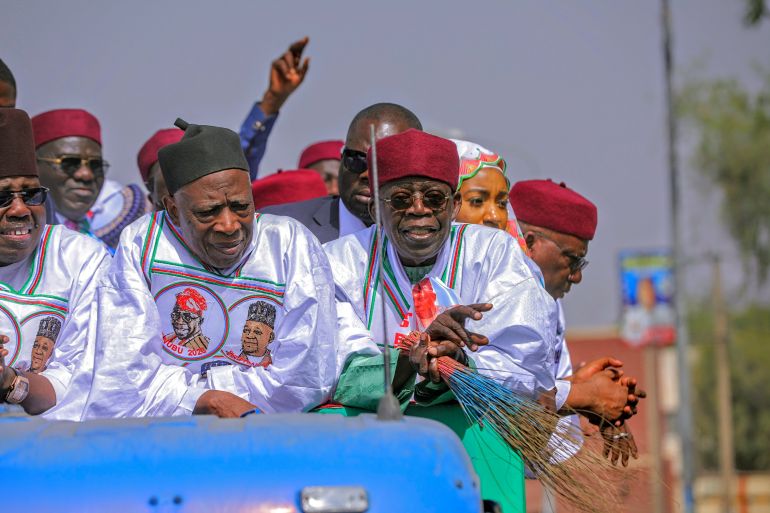
A note swap scheme has led to cash shortages across the country as Nigeria heads for elections on February 25.

Parallels are being drawn between the 2023 poll and the annulled 1993 vote, seen as the country’s ‘freest and fairest’.
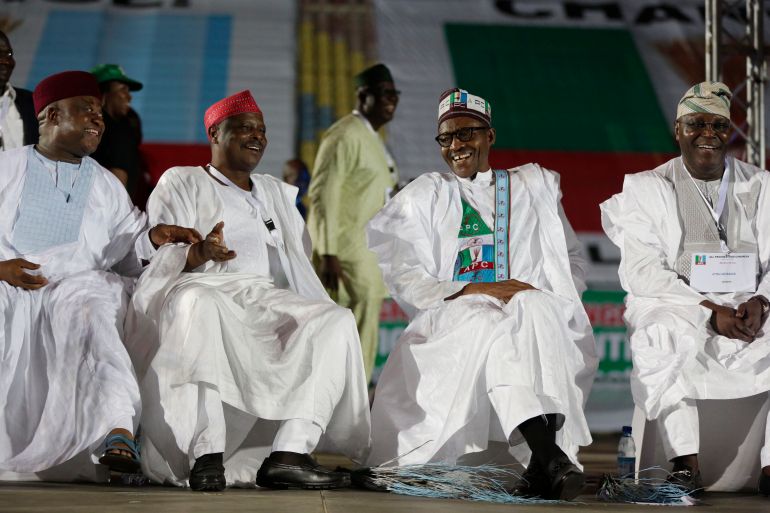
Over a third of Nigeria’s 93.4 million registered voters are youths who are gearing up to vote in February 25 election.
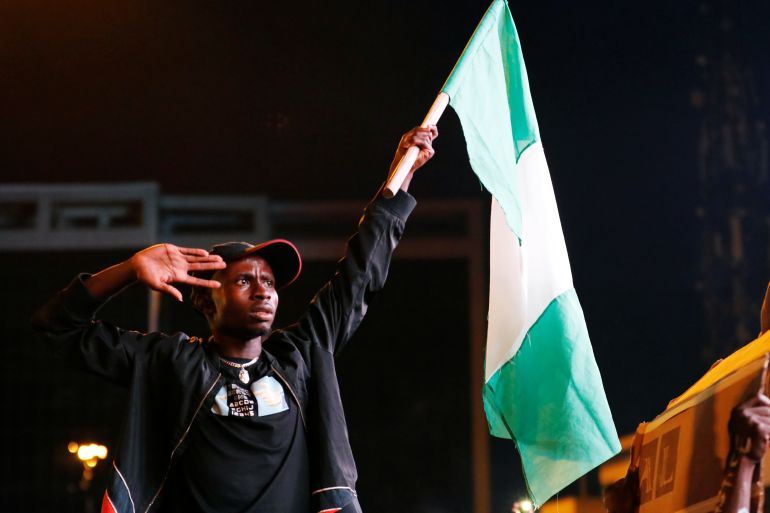
Central bank wants to reduce cash in circulation to fight inflation but new bills are in short supply ahead of the vote.
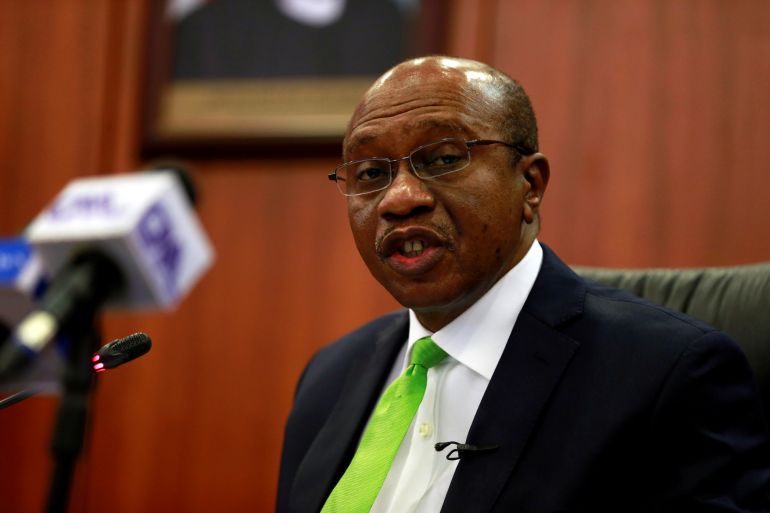
Atiku Abubakar, Nigeria’s former vice president, is promising hope and restoration if he becomes president. Can he win?
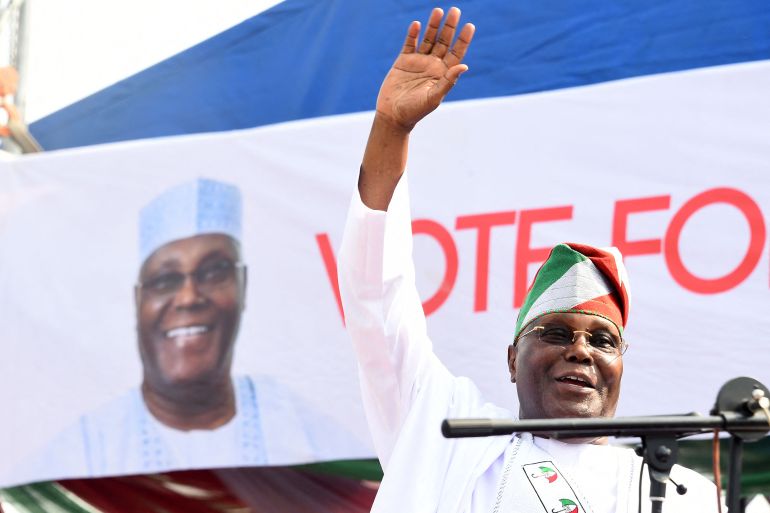
Nigerians are facing petrol shortages and chaos at banks over a new currency swap ahead of elections later this month.
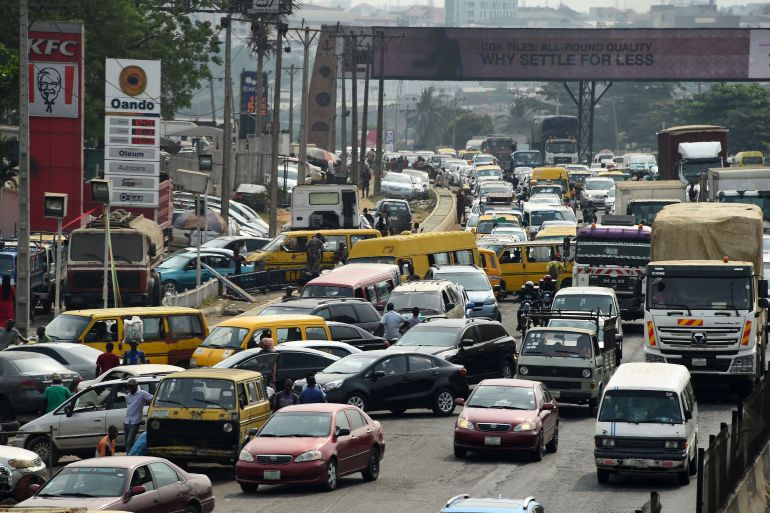
Security also top of mind for ex-governor, who leads a crowded field, ahead of opponents with better name recognition.
